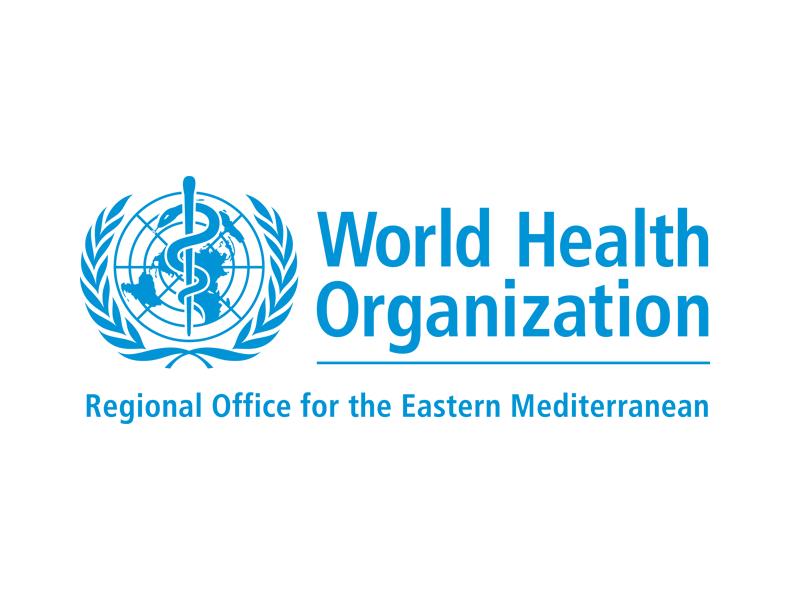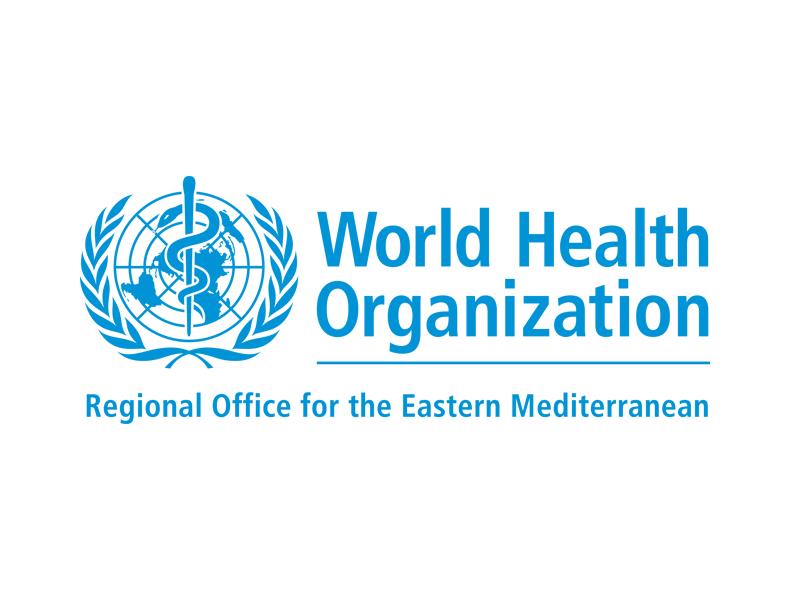
6 October 2022, Cairo ‒ After 2 years of being held virtually, the 69th session of the WHO Regional Committee for the Eastern Mediterranean will be held in hybrid modality this year from 10 to 13 October 2022.
Ministers of health and high-level representatives of the 22 countries of WHO’s Eastern Mediterranean Region, along with partner organizations and civil society, will participate, partially in person and mostly connecting online to discuss priority public health issues.
WHO’s Director-General Dr Tedros Adhanom Ghebreyesus, WHO’s Regional Director for the Eastern Mediterranean Dr Ahmed Al-Mandhari, and Vice-chair of the 68th session of the Regional Committee H.E. Dr Ahmed Robleh Abdilleh of Djibouti, will address the opening session.
The Regional Committee will discuss a range of key priority public health issues, including building resilient health systems to advance universal health coverage, preventing, controlling and eliminating communicable diseases, promoting health and well-being in the Region, advancing the One Health approach and fostering digital health.
"This past year has been challenging. The COVID-19 pandemic continued to impact the Region. Alongside the grievous direct effects of the coronavirus disease itself – with almost 17.5 million confirmed cases and more than 317 000 deaths reported across the Region by early January 2022, – came severe disruption to health services, economies and communities. Meanwhile, disruption also brought opportunities, spurring large-scale investment and innovation," Dr Ahmed Al-Mandhari stated.
The WHO’s Eastern Mediterranean Region is home to almost 700 million people and some of the world’s highest income countries but also fragile, conflict-affected states, characterized by crises and internal displacement.
The Region is faced with many challenges, and the regional vision of “Health for All by All” underline the importance of involving all sectors and stakeholders and engaging communities in supporting the various public health and social measures needed to overcome such challenges.
"Despite the challenges, together, we have made impressive progress in several areas, especially, in advancing towards universal health coverage: building stronger, better integrated, people-centred health systems; tackling communicable and noncommunicable diseases; and reaching out to refugees, migrants and displaced populations.
We have become experts in dealing with multi-hazard emergencies. In 2021, we responded to 10 large-scale humanitarian crises, 24 major disease outbreaks and 27 other public health events, all the time working tirelessly to strengthen preparedness for health emergencies," said Dr Al-Mandhari.
During the Regional Committee meeting, a technical paper will be discussed to set out a regional agenda for building resilient health systems towards universal health coverage and health security. The Region is prone to emergencies from various hazards, including conflicts and humanitarian crises. Several challenges hampered the performance of the Region’s health systems, particularly those in fragile, conflict-affected and vulnerable settings. COVID-19 further compromised all health system components, impacting the three universal health coverage goals. It also highlighted gaps in emergency management capacities that are undermining global and national health security. Advancing universal health coverage and ensuring health security are increasingly recognized as complementary and interrelated health system goals.
The critical importance of building resilient health systems to address emergencies while protecting essential health services has been increasingly acknowledged. Coverage of highly cost-effective HIV, tuberculosis, malaria and immunization interventions has either stagnated in recent years or has been severely affected by the COVID-19 pandemic. The new strategies from the Global Fund to Fight AIDS, Tuberculosis and Malaria and Gavi - the Vaccine Alliance frame innovative approaches to increase coverage and reduce inequities. A technical paper analyzing how these contributions to increase coverage interact with the six building blocks of health systems will be discussed during the RC69 session.
Health is a fundamental human right. Health inequities within and between countries are politically, socially and economically unacceptable, and largely avoidable. The promotion of health equity is essential for sustainable development and a better quality of life and well-being for all, which in turn can contribute to peace and security. The need is pressing to promote health and well-being in response to challenges related not only to disease outbreaks, but also to the ecological, political, economic, digital and social determinants of health and health inequities, including climate change, pollution, rapid urbanization, changing lifestyles, conflict, demographic change, population displacement, poverty and widespread inequity. During the RC69 session, members will discuss ways to promote health and well-being to achieve the health-related Sustainable Development Goals.
Also among the issues to be discussed during the Regional Committee session is the One Health approach. It is a concept that continues to evolve as we learn more about the public health dimensions of the human-animal-environment interface. The health of humans, domestic and wild animals, plants and the wider environment are closely linked and interdependent. An approach that mobilizes multiple sectors, disciplines and communities is critical to work together to foster well-being and tackle threats to health and ecosystems, while addressing the collective need for clean water, energy and air, safe and nutritious food, sustainable development and taking action on climate change.
Representatives of the Regional Committee will also be informed of progress on private sector engagement for advancing universal health coverage, strengthening the nursing workforce to advance universal health coverage, improving access to medicines and vaccines in the Eastern Mediterranean Region, implementing the strategic framework on blood safety and addressing health issues facing populations affected by disasters and emergencies. To the editor
The work of WHO at the regional level is governed by the regional committees. The Regional Committee for the Eastern Mediterranean convenes every year in October and is attended by all countries of the Region to formulate policies, provide oversight for regional programmes, be updated on progress and consider, revise and endorse new initiatives. It adopts resolutions and makes decisions that guide the work of the Regional Office and country offices for the coming year. For more information, plese contact:
Mona Yassin Communications Officer This e-mail address is being protected from spambots. You need JavaScript enabled to view it
Mobile: +201006019284
RC69 web site












